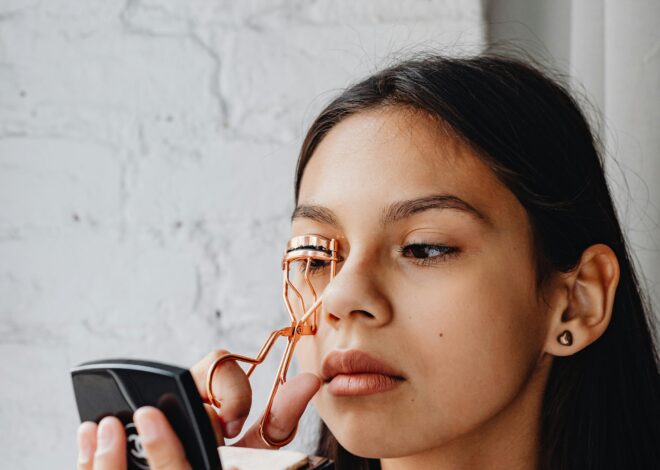When you have sensitive skin or rosacea, one of the most important remedies you have is choosing the right treatment method. Sensitive skin can result in your having red skin, acne, hives, dry skin, a rash, bumps or blemishes. Rosacea is a chronic skin disorder that affects about 13 million people, usually between the ages of 30 to 60.
Signs of Rosacea
Rosacea may be inherited and generally occurs in people with fair skin. In the early stages, you will have flareups of facial flushing and redness. Some rosacea produces swelling or pimples and pink bumps. People with fair skin can also be prone to sensitive skin that may not be rosacea.
Treatment for Sensitive Skin
The treatment you choose for sensitive skin depends on the causes. For facial redness, sunspots and acne, you may have success with laser treatments and intense pulsed light therapies, according to the Skin Care Guide website. Chemical peels can help with fine lines, wrinkles, acne and sun damage. Dry flaky skin usually responds to moisturizers. Creams can treat rashes and itchy skin.
Rosacea Treatments
Because rosacea is chronic, the goal is keeping it under control. Rosacea sufferers get flareups for different reasons. It’s a good idea for you to keep track of what might be causing your flare-ups to determine your best treatment method, according to USA Today’s online Health Encyclopedia. A dermatologist can prescribe topical antibiotics, such as metronidazole or clindamycin that you would use for five to eight weeks. If that doesn’t work, the next step is oral antibiotics, such as tetracycline, erythromycin, minocycline and doxycycline. Sometimes your doctor may suggest laser surgery for redness or to treat an enlarged nose, which is one possible rosacea symptom.
Avoid Triggers
People with sensitive skin or rosacea should avoid the common triggers, such as excessive sunlight, alcohol, spicy foods and hot drinks. Many skin care products are too harsh for people with sensitive skin and can cause irritation or burning.
Skin Care Products
Generally, if you have sensitive skin or rosacea, you should choose skin care products that contain as few ingredients as possible. Avoid products that have fragrances, alcohol, glycolic acid, lactic acid, isopropyl palmitate, propylene glycol and sodium hydroxide. Use a facial cleanser that is soap-free, because soap is too drying for sensitive skin. For cosmetics, look for the buzzwords “non-comedogenic” and “non-acnegenic,” recommends the Rosacea Support Group website.
Wear Sunscreen
Wearing sunscreen is important if you have sensitive skin or rosacea. A sunscreen that contains titanium dioxide is the best. Sunscreens should have an SPF of 30 or higher. Stay away from scented sunscreens or ones that promote tanning, according to the Rosacea Support Group website.
Photo Credit
- Young red-head sending message image by PhotoDaniels from Fotolia.com





